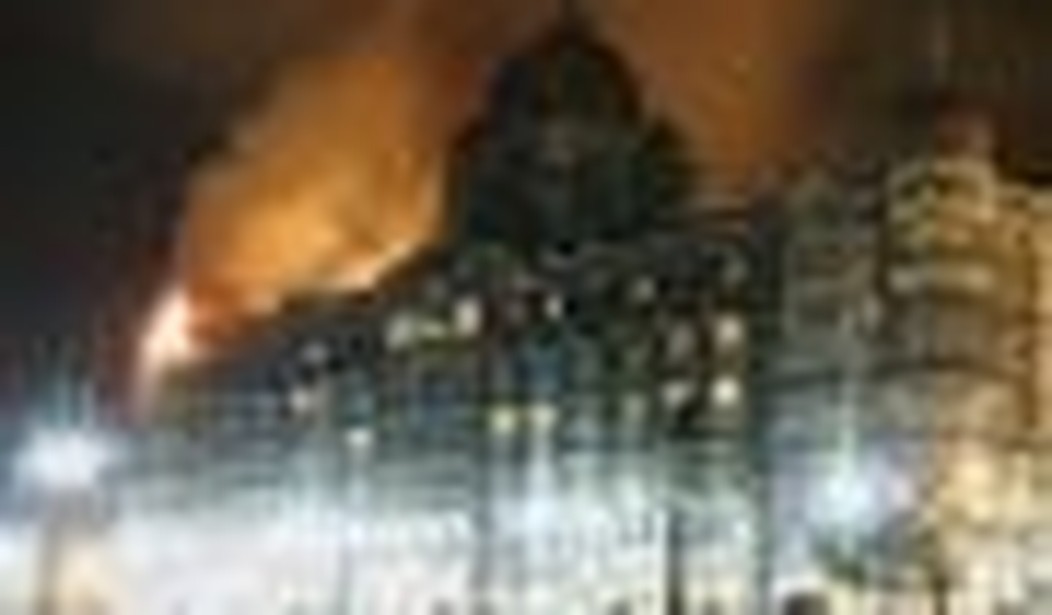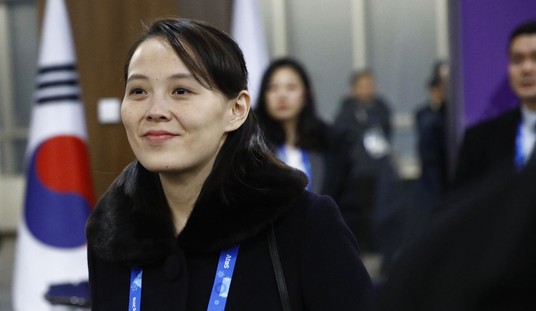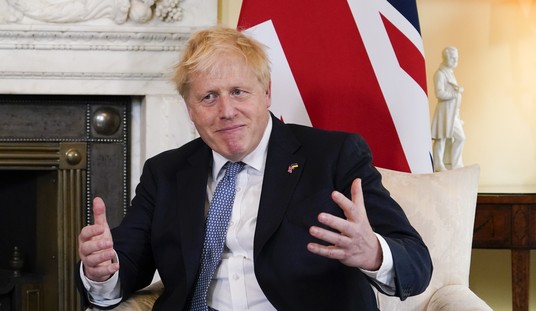They are still counting and clearing the dead in Mumbai, and the final toll could exceed more than 300 dead and hundreds more injured. The coordinated terror attacks in Mumbai’s financial center last Thursday and Friday will definitely shift the landscape in the war on terror. While there are still more unknowns than knowns at this point, there are several critical issues that deserve monitoring for the U.S. as the fallout from the terror attacks is sorted out.
Perhaps the largest developing issue is the escalating tensions between India and Pakistan. The group claiming responsibility for the attacks, the “Deccan Mujahideen,” has never been heard from before, but many fingers are pointing at Pakistan. The coordinated attacks were well-planned and bear hallmark traits of the Pakistani Lashkar-e-Taiba (LeT) and Jaish-e-Mohammed terrorist organizations, and they are on the top of most analysts’ lists of suspects. Several reports have said that phones recovered from the dead terrorists show phone calls made to a high-ranking LeT commander and other reports indicate that an attack by LeT on Mumbai had been in the works for several months.
Predictably, Pakistani officials will vehemently deny any role whatsoever in response to accusations by India about their involvement. But even U.S. authorities are assessing Pakistan’s possible culpability for the attacks. The question of Pakistan’s involvement is critical because of its hair-trigger relations with India, and vice versa. The Mumbai attacks may prove to be the tipping point to full-scale war between the two nuclear powers reminiscent of the 2001-2002 confrontation between the two countries.
Another issue will be the fallout with respect to India’s internal politics. The attacks could erode the support for the governing Congress Party and Prime Minister Manmohan Singh, who has taken a passive stance on terror. The Parliament approved the tough Prevention of Terrorist Activities (POTA) legislation in 2002, but it was repealed in 2004 with Singh’s approval.
As noted by Somini Sengupta in Saturday’s New York Times, the attacks will strengthen the hand of the Hindu extremist opposition Bharatiya Janata Party (BPJ). Elections will begin in five states this coming weekend and national elections will be held next year. The terror attacks may slow the booming Indian economy, which has buoyed Singh and the Congress Party, and make national security a top campaign priority, a BPJ strength. To compensate, Singh may be forced to take a more aggressive stand against terror.
What effect the terror attacks will have on Pakistan’s internal politics will undoubtedly be tied to any possible military action between itself and India. Escalating tensions and the possibility of war will feed the extremist elements. As proved time and again during Musharraf’s presidency, the government itself is divided on its relations with the terrorist organizations operating within its borders, including al-Qaeda. While the administration claims to oppose terrorism, the Inter Services Intelligence (ISI) agency has actively cooperated with these groups, providing training, weapons, and funding. At best, the Pakistani government’s handling of terrorism has been weak and ineffective.
Included in the fallout will be those issues directly affecting the U.S. and other Western countries. The most obvious is the apparent targeting of Westerners and Jews in the attacks. By Saturday evening six Americans had been confirmed killed with possibly more still to be identified. Several Canadians, Brits, and Australians are also among the dead. The number of hostages confirmed killed after the terrorists stormed the Chabad-Lubavitch Jewish Center also continues to grow.
The protection of our citizens abroad should be one of the highest foreign policy priorities for any U.S. administration, but in light of these attacks it should be priority number one for President-elect Obama. The ability of Americans to travel and conduct business abroad without fear of being attacked is not only an imperative in and of itself, but it is essential to keep our economy, which is inextricably tied to global markets, going.
As a counterterrorism analyst, another looming issue must be immediately addressed by the West. There are conflicting accounts as to whether some of the Mumbai terrorists were actually UK citizens. That will no doubt be sorted out in the days to come. It would be no surprise, however, if that proves to be true. If so, this would be more confirmation that the international terrorist network continues to use the West as a base of operations to recruit, to fundraise, and to evade the scrutiny they would otherwise receive in countries that have different conceptions of civil liberties.
As I observed here at Pajamas Media this past weekend, the trial and convictions last week of five officials of the Holy Land Foundation, the country’s largest Islamic charity, on charges of terrorism support demonstrated how many of the most prominent Islamic organizations in the U.S. are closely associated with extremist and terrorist organizations. Some of these organizations were even listed by federal prosecutors as unindicted co-conspirators in the case. As long as terrorists can rely on these organizations for assistance and can take refuge in the West, including the U.S., while conducting support operations, is a direct threat to Americans in both the short and long term. Dismantling these terrorist support networks is essential to our national security.
And as many signs point to LeT’s involvement in the Mumbai attacks, it should be noted that LeT terrorists are known to be operating inside the U.S. A number of LeT operatives trained in Pakistani terror camps have been arrested, tried, and convicted here at home, most notably those involved in the Northern Virginia jihad network. Other U.S. citizens have trained in LeT camps and been killed in operations, including Jibreel al-Amreekee, a 19-year-old convert to Islam from Atlanta killed in 1997 during a LeT attack on an Indian Army post. And two of the brothers of LeT leader and founder Hafiz Muhammad Saeed were arrested in December 2006 on immigration charges while serving as imams of mosques in the Boston area.
So as Indian authorities continue to sort through exactly what happened in Mumbai last week and determine who exactly is responsible, there are a multitude of issues and concerns for the U.S. Not only may this situation escalate into all-out war between Pakistan and India, while tens of thousands of U.S. servicemen and women are in neighboring Afghanistan, but the terrorist networks behind this attack are not a distant threat, but right here among us. With so much potential fallout from this situation, the U.S. cannot be a passive observer to these events.









Join the conversation as a VIP Member